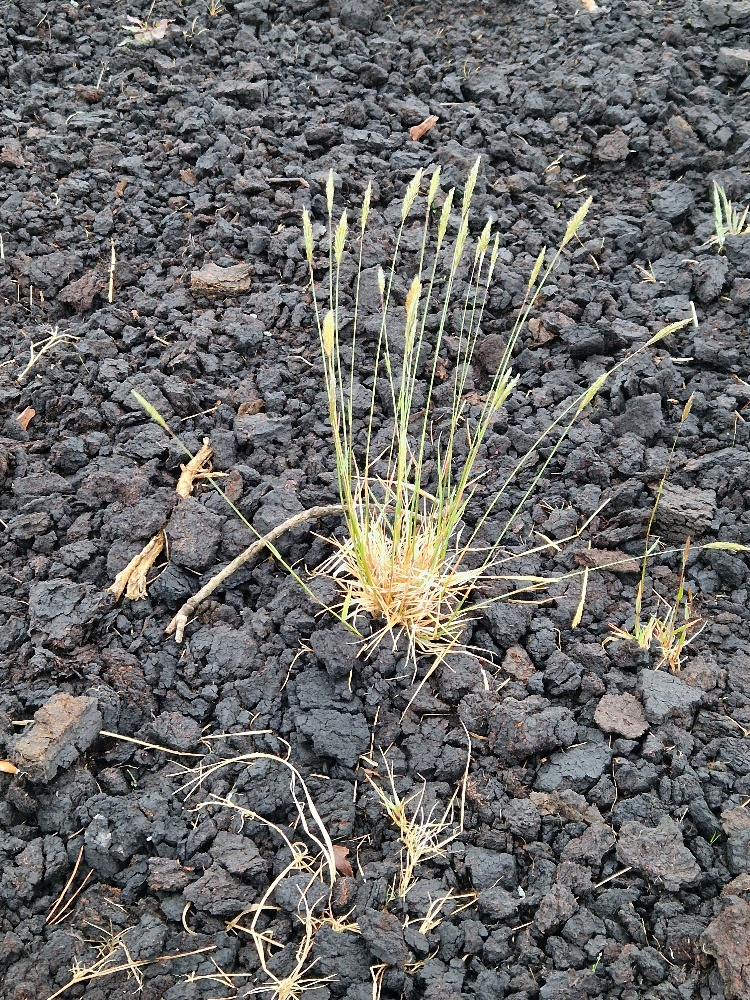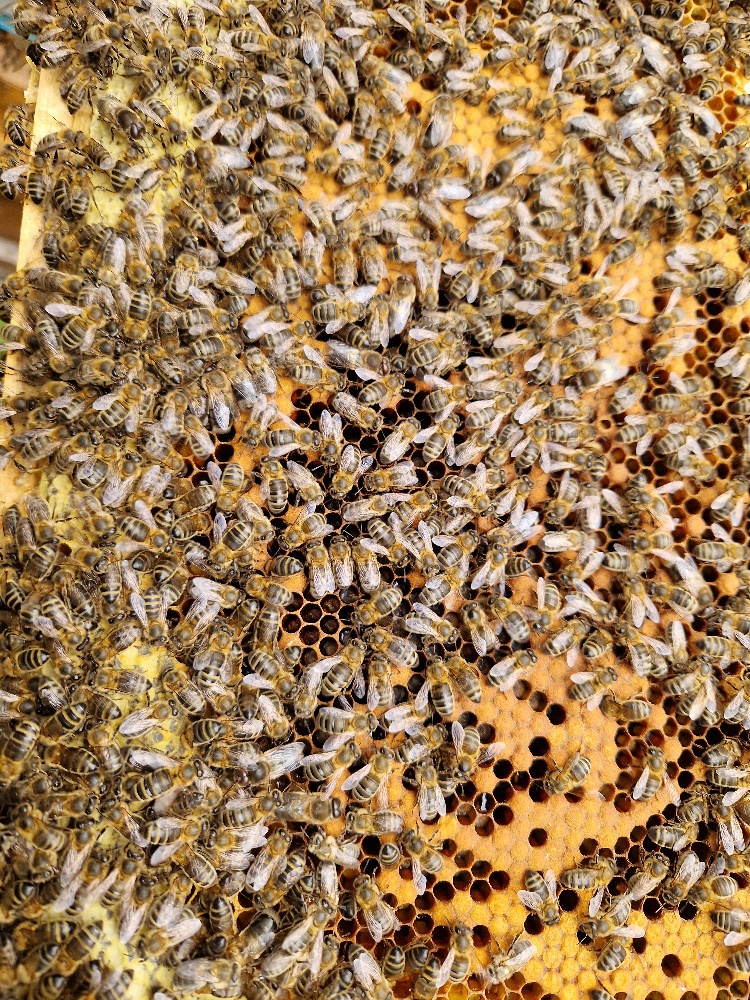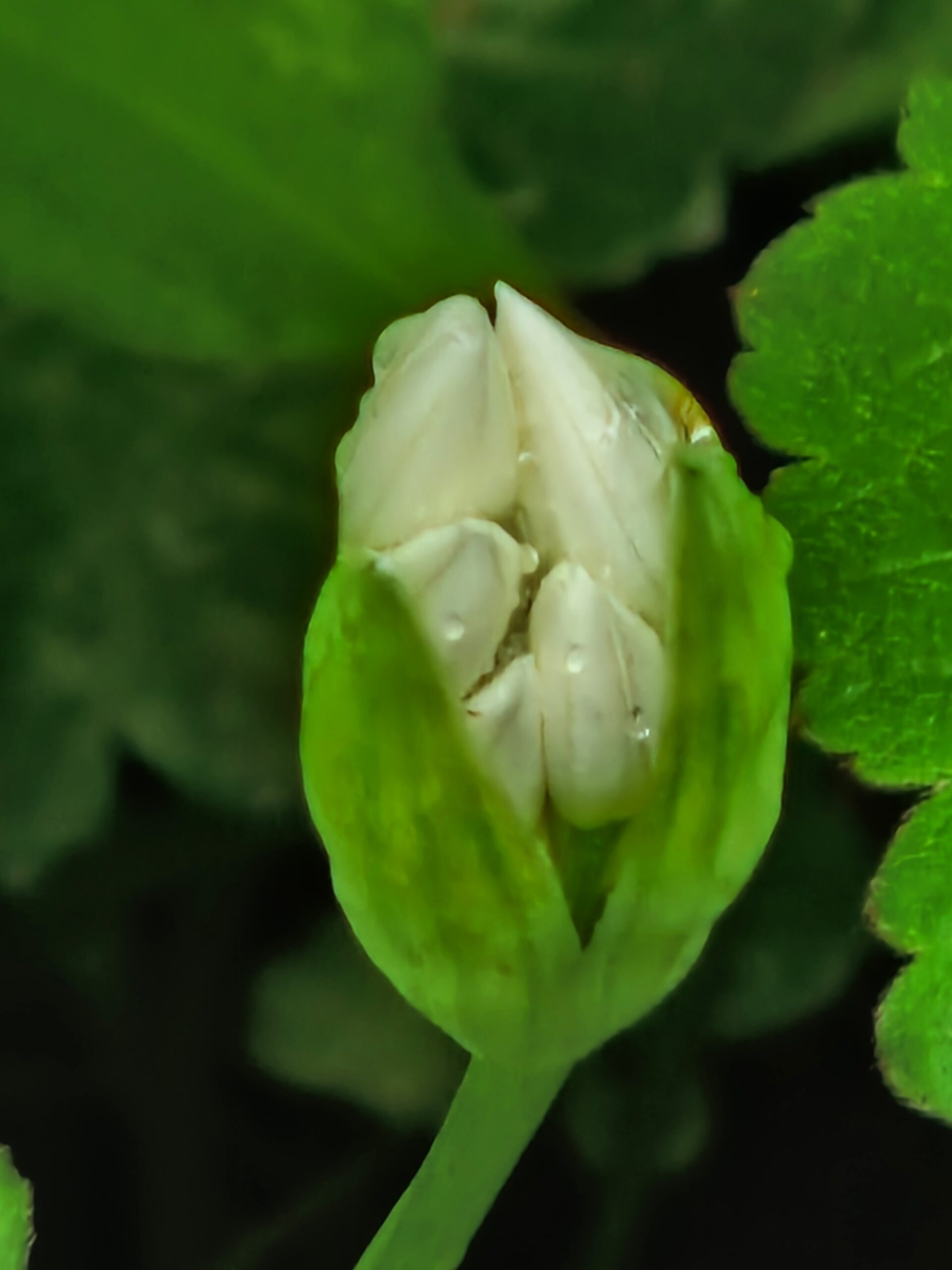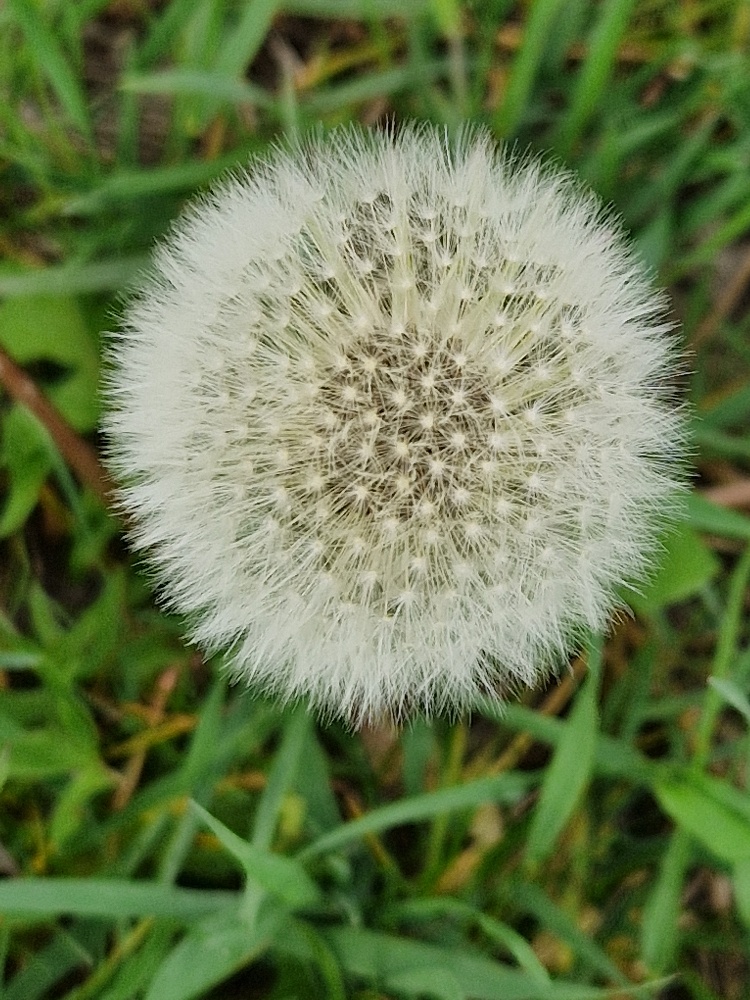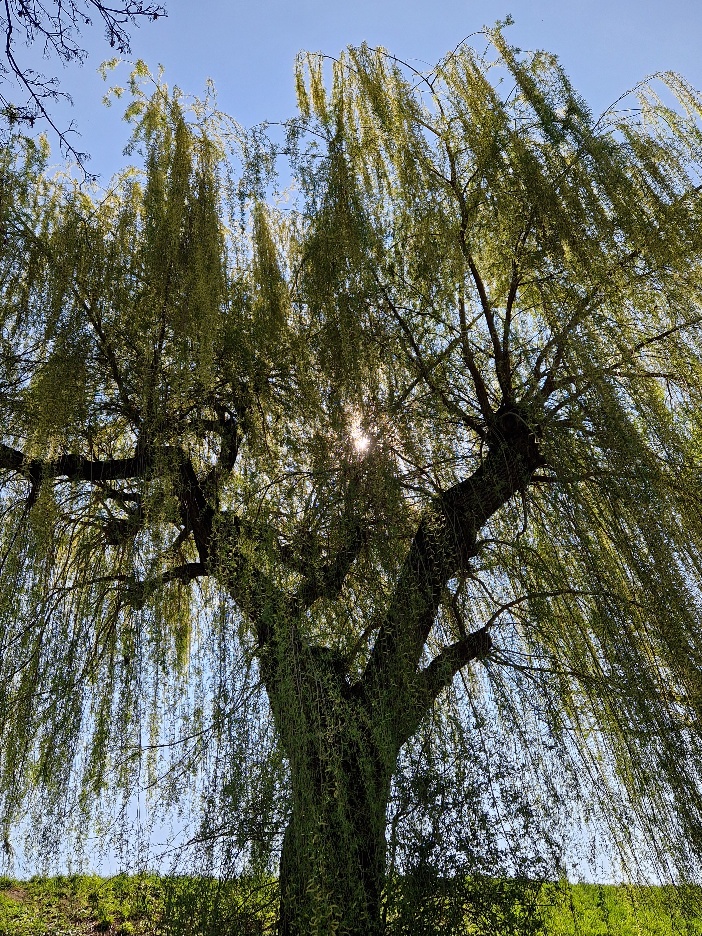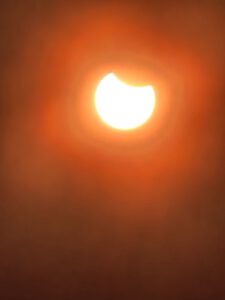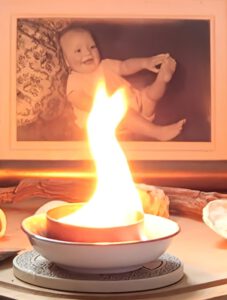Nobody wants to remember trauma. In that regard, society is no different from the victims themselves. We all want to live in a world that is safe, manageable, and predictable, and victims remind us that this is not always the case. In order to understand trauma, we have to overcome our natural reluctance to confront that reality and cultivate the courage to listen to the testimonies of survivors.
Bessel van der Kolk, The Body Keeps the Score
What we don’t need in the midst of struggle is shame for being human.
Brené Brown
To heal is to touch with love that which we previously touched with fear.
Stephen Levine
The journey continues. As I have learned over recent years, there are only two primordial drivers for all thinking, feeling, and behaviours: fear and love. Certain experiences in childhood may have been too brutal, too barbaric to bear. Of course this is not objective. It is always the product of the unique make-up of the individual child and the events experienced. What marks one child for life may not have even registered with another.
I recently experienced an incident which resonated so deeply that it made me aware, for the first time, of a very deep wound I had long expunged from my consciousness. For a brief moment I was witness to what I perceived as the raw barbarity of life, manifested by someone I loved and trusted. In that situation I was powerless to prevent what happened, — though I would have dearly wished to, — and , in my devastation, felt dangerously vulnerable, bereft of agency, protection, defence, support, or succour.
In my early childhood, acts of brutality against myself, other children, animals, birds, or insects affected me to a much greater degree than I could hitherto remember. Whether it was the prying of the wings from a misfortunate blue bottle who couldn’t get away, the dismemberment of rain worms, or the physical abuse of our beloved pet dog at the hands of an older bully, this recent experience stripped away layers of denial to expose a degree of sensitivity and pain within myself that I had successfully denied for many years.
It was my inner reaction to what I perceived to be a brutal act of violence toward a helpless insect that woke me out of my protective torpidity. The effect was immediately visceral. My heart turned to lead and instantly dropped through the bottom of my rib cage and out of my body, leaving me numb, speechless, stripped of agency, and — totally identified with the woundedness of the victim — in anger, deep pain, and sorrow.
Bessel van der Kolk describes the neuroscientific context of such experiences as follows: Much of the wiring of our brain circuits is devoted to being in tune with others. Recovery from trauma involves (re)connecting with our fellow human beings. This is why trauma that has occurred within relationships is generally more difficult to treat than trauma resulting from traffic accidents or natural disasters. In our society, the most common traumas in women and children occur at the hands of their parents or intimate partners. Child abuse, molestation, and domestic violence are all inflicted by people who are supposed to love you. That knocks out the most important protection against being traumatized; being sheltered by the people you love.
It is this two-fold effect that leaves such a deep wound; the barbarity, as (subjectively) experienced, and the fact that it has been perpetrated by those whose role and, indeed, duty it is to protect us from precisely such extremes of human behaviour. The experience is exacerbated by the sense of betrayal on the part of those, as children, we love and need, and will continue to depend upon for some time, until we reach adolescence.
The silver lining of my abrupt awakening was the raw encounter with the essence of that sensitive, innocent child within. As if scales had fallen from my eyes, I saw him in all his innocent glory and vulnerability. It was like a long-yearned homecoming, a homecoming that took me completely by surprise.
Now seemingly disparate fragments of my life seem to have come together as never before, forming a mosaic that made sense. The fact that I have evolved, through several discrete steps, to choosing a vegan diet, wishing that no sentient being need suffer on my account. My aversion to any form of violence; physical, emotional, or spiritual. My low tolerance for highly-tense energy fields (within and without) characterized by chaos and antagonism. My appreciation of silence and the harmony of the great outdoors. It all began to make sense. Furthermore, I could see that I had banished that true nature of my being for my self-perception since some early childhood experience of utter devastation.
Of course, on closer examination, a consistent trend towards the reclaiming of True Self becomes discernable. None of those discoveries and subsequent changes in behaviour had come overnight. They had evolved over decades through periods of plumbing the depths of darkness and re-emerging into light. It was just that the objective, — i.e., the rediscovery and befriending of the True Self, the essence which I had been gradually sensing, — had never been so consciously clearly visible until this recent afternoon of devastation.
Joyfully, I have embraced that little boy in all his pain, his vulnerability, his devastation. To devastate comes from the Latin devastatus, from de- + vastare, meaning `to lay waste´. That is the best I can do in describing this feeling of being overwhelmed and abandoned, a state so familiar to me from my childhood days.
In those days, existential threat seemed to loom around every bend. Nowhere was safe, no sanctuary or protector available to me far and wide, and the message conveyed to me was that, if I had a problem, that problem was of my making, and mine only.
Now the truth has dawned upon me. `No, I did not deserve that. I should have been supported; somebody should have looked after me.´ My adult self meets `the little lad´ in a warm, embryonic embrace, melting away years of shame.
I take a step back and see how much I have accomplished in life despite this difficult first stage of the journey. It is a wonder that I am still alive. The guardian angel(s) who carried me along those stretches of seashore where only one set of footprints remains on the wet sand receive their acknowledgement and gratitude. The myth of abandonment is laid bare, the bluff is called. Public story and inner experience finally fuse.
We shame ourselves when we deny any aspect of our essence. In this dynamic, I had simply emulated those caregivers who, for reasons probably only they could describe (if they were still alive), could not endure aspects of my essential nature, and in order to be rid of their discomfort, thereupon shamed me. Left with the choice of believing that these caregivers, on whom I was totally dependent, were mistaken, or the possibility that I was somehow at fault, I chose the latter. This is where the process of shaming of self begins. The Judge is born.
In my new clarity of vision, I begin to see the outlines of situations where I intuit doing exactly the same later in life, not only to myself, but possible to younger siblings and to my own children when they were at their most vulnerable. This may hopefully lead to further healing opportunities as we each chart our respective courses.
In the PQ Positive Intelligence modality of Mental Fitness, it is no coincidence that the Judge is identified as the Universal Master Saboteur, common to us all. Located in the left cerebral hemisphere, this Saboteur judges self, others, and circumstances. Known in other modalities as the Inner Critic, it tends to take us to task in the most vicious of manners. Its lie is that we do not possess the necessary ingredients right now to be happy.
Like all Saboteurs, it is fear based and, if successful, lures us away from the present moment. We begin to wallow in a past of regret or resentment, or we experience anxiety about the future. This becomes a major drain of energy, energy which could be better invested in becoming the best possible version of the person we already are, right here and now.
PQ teaches us to access the love-fuelled Powers of the Sage, located in the right cerebral hemisphere. Here we find Explore, Empathize, Innovate, Navigate, and Activate. These Sage Powers operate in the context of the Sage Perspective that states that: Every circumstance contains a gift and opportunity.
The third muscle to be trained in PQ, besides the Saboteur Interceptor and the Sage Enhancer, is the Mind Command Muscle, which enables us to switch in real time from Saboteur to Sage. It is strengthened by any of a wide range of simple body-based exercises which serve as circuit-breakers in our endless stinking thinking, the chatter of the wandering mind. In these brief moments, we experience the here and now.
The daily training of these three muscles consistently over a period of weeks, generates a perceptible increase in Mental Fitness which enables us to respond consciously to any given situation from the best in ourselves rather than reacting reflexively from the fear-induced rest of ourselves. The journey of Mental Fitness, as a new design for living, has begun.
Bessel van der Kolk points out in his masterful treatise that talking, in and of itself, can never be sufficient for healing. He does argue that breaking the silence (within oneself and vis-à-vis others) is a key prerequisite for a healing process that involves further work incorporating body, mind, and soul. In my experience, PQ helps grease the wheels of such subsequent developments.
On the talking element, specifically, he states the following: Talking about painful events doesn’t necessarily establish community — often quite the contrary. Families and organizations may reject members who air the dirty laundry; friends and family can lose patience with people who get stuck in their grief or hurt.
This is one reason why trauma victims are often withdrawn and where their memories become rote narratives, edited into a form least likely to provoke rejection. It is an enormous challenge to find safe places to express the pain of trauma, which is why survivor groups like Alcoholics Anonymous, Adult Children of Alcoholics, Narcotics Anonymous, and other support groups can be so critical. Finding a responsive community in which to tell your truth makes recovery possible.
This is totally confirmed by my experience and is the driving force behind the establishment of SoberOasis, — as a safe place where we can support each other in together finding our true selves and giving expression to what we discover in the process.
Note the use of the term `trauma survivors´ in this and other quotes from `The Body Keeps the Score´. After many years engaged in the inner work of recovery, this is not the term I would use. I consider myself `trauma experienced´, and now blessed with gathering in the harvest of the devastation from which I felt I had for so long to protect myself, a predicament which, thankfully, no longer applies.

